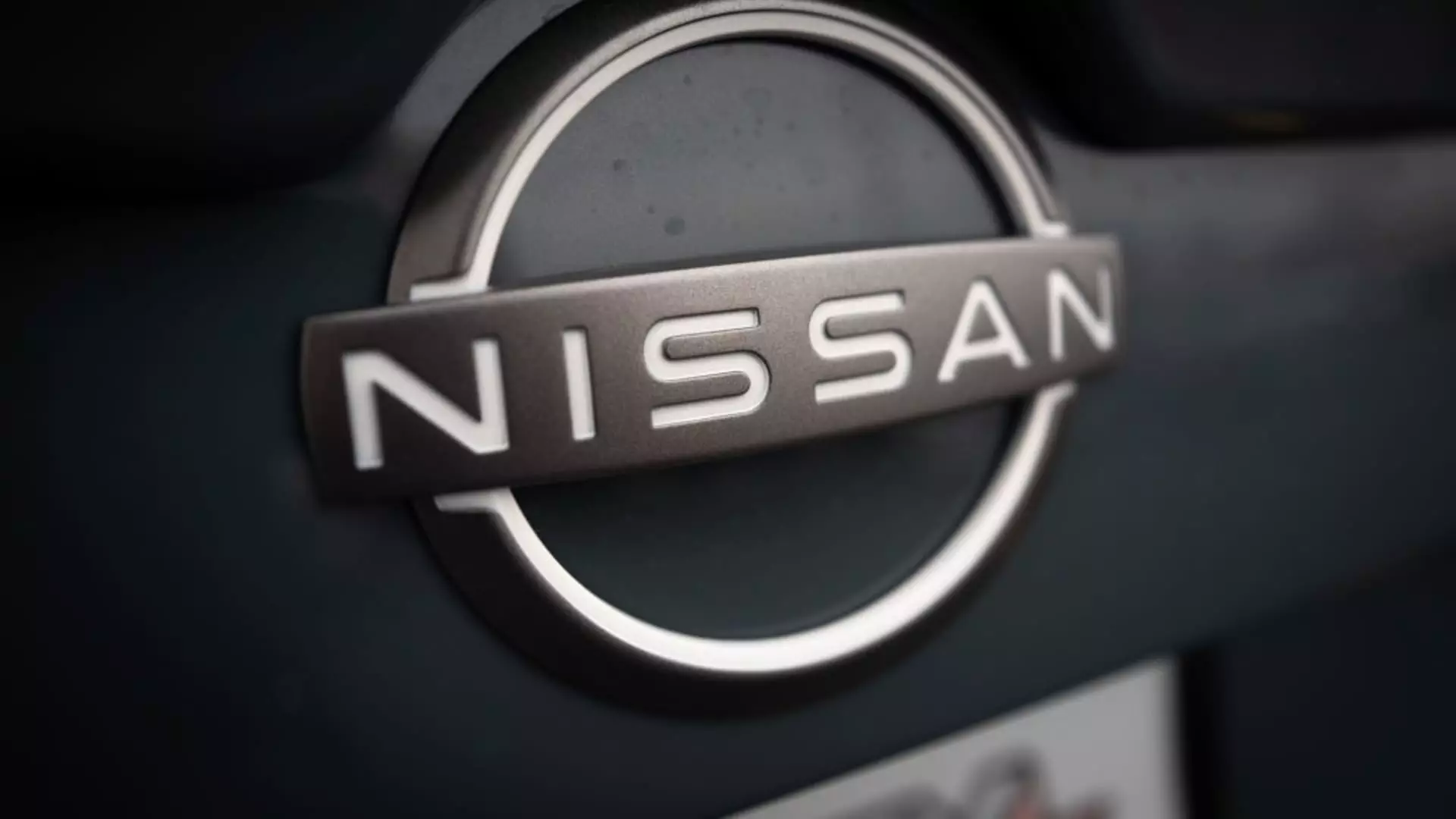The news of Nissan’s potential closure of its historical assembly plants in Japan evokes a sense of nostalgia and loss. The Oppama plant, which sparked life into Nissan’s production in 1961, and the Shonan facility operated by Nissan Shatai, are not merely assembly lines; they epitomize decades of innovation and community for thousands of workers and their families. This aggressive retreat under the guise of a cost-cutting initiative led by newly appointed CEO Ivan Espinosa raises troubling questions about the corporate ethics of prioritizing profit over legacy.
In an era where companies should be honoring their roots and workforce, Nissan’s strategy appears misguided. Rather than leveraging its rich history to build a sustainable future, the automaker is seemingly choosing a path of destruction, shedding the very facilities and workforce that have been instrumental to its identity. The decision to reduce the number of production plants globally from 17 to merely 10 while simultaneously laying off approximately 15% of its workforce is a stark reminder of a corporate culture that prioritizes short-term financial metrics over long-term stability and innovation.
Global Implications and Local Sacrifices
The consequences of these plant closures extend beyond the borders of Japan. Reports indicate potential factory shutdowns in South Africa, India, Argentina, and even a strategic reduction in Mexico. This multinational wave of closures reflects a troubling trend of offshoring labor and manufacturing at the expense of domestic employment. While Nissan may pronounce these changes as necessary for competitiveness, they mask a deeper problem—a disconnect from the communities nurtured by such industries.
It is essential for companies, especially those as significant as Nissan, to consider their social responsibilities. The loss of jobs at these plants has a profound impact not just on individuals, but also on entire communities that depend on them. Each worker laid off represents a familial income loss, potentiating an economic ripple effect that endangers local economies. As Nissan simplifies its operations, it risks alienating the customers and employees that form the backbone of its existence.
The Illusion of Transparency
Nissan’s public stance, asserting reports of plant closures are merely speculative, raises eyebrows regarding its commitment to transparency. By stating that it will not engage further on this matter, the automaker adopts a dismissive attitude towards stakeholders, fostering distrust among employees and consumers alike. Corporate transparency should be a hallmark of modern business practice, particularly for an automaker in turmoil. Instead of communicating openly and engaging in constructive conversations, Nissan’s approach seems to be veering toward damage control rather than genuine accountability.
There is also a factual contradiction in Nissan’s strategy. The company previously granted high expectations for growth, attempting to expand production capacity, only to pivot to a drastic cutback almost overnight. This erratic behavioral shift reflects poorly on Nissan’s corporate governance and strategic foresight, revealing a lack of coherent planning that should inspire confidence in its stakeholders.
Innovation at Stake
Crucially, these plant closures threaten to stifle innovation. Nissan has historically been a front-runner in automotive technology, introducing products like the Leaf—widely regarded as the first mass-market electric vehicle. However, concentrating resources solely on a few remaining factories raises concerns about the ability to foster new ideas, improve processes, and ultimately drive the industry forward. Innovation thrives on diverse perspectives and insights, which are severely limited when facilities are shuttered, and experienced workers are let go.
Investing in infrastructure—both physical and human—has proven advantageous for many companies looking to retain their competitive edge. Instead of cutting corners by dismantling its assembly plants, Nissan should reconsider its strategy, finding ways to enhance production efficiency while investing in its workforce, creating a symbiotic relationship that paves the way for future growth.
In a marketplace that increasingly prioritizes sustainability and social conscientiousness, Nissan’s current trajectory appears not only shortsighted but also detrimental to its long-term viability. The company must inject clarity and purpose into its decision-making processes, rekindling the spirit of innovation that once defined its legacy.


Leave a Reply